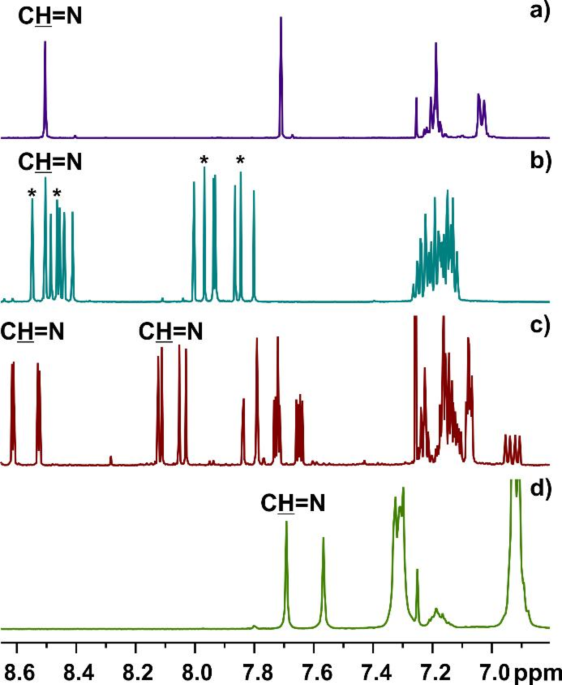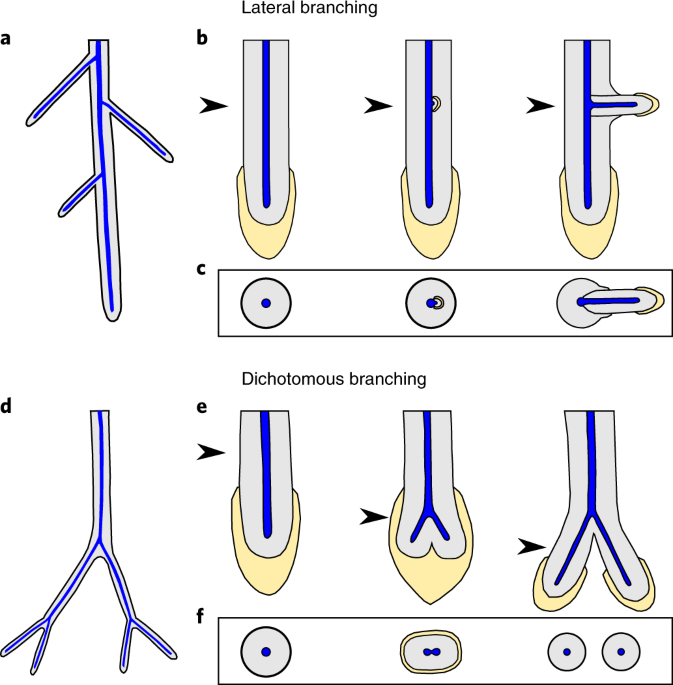- Select a language for the TTS:
- UK English Female
- UK English Male
- US English Female
- US English Male
- Australian Female
- Australian Male
- Language selected: (auto detect) - EN
Play all audios:
The cytotoxicity of two compounds described as anti-angiogenic, the isoflavone genistein and the oestrogen metabolite 2-methoxyestradiol, has been studied in different human tumour cell
lines. Since the degradation of the extracellular matrix is one of the essential steps in angiogenesis, the potential modulatory effects of both compounds on the proteolytic balance in media
conditioned by different human tumour cells have been also investigated. The IC50 values for 2-methoxyestradiol were lower than those for genistein on all the cell lines tested. In all the
cell lines expressing measurable amounts of active enzymes, genistein induced a shift towards antiproteolysis in both matrix metalloproteinase/tissue inhibitor of metalloproteinase and
urokinase/plasminogen activator inhibitor proteolytic balances. On the other hand, 2-methoxyestradiol did not produce any clear net shift of the proteolytic balance, with the significant
exception of the matrix metalloproteinase/tissue inhibitor of metalloproteinase balance in WAC-2 cells, a neuroblastoma cell line with enhanced expression of the N-myc oncogene.
This paper was modified 12 months after initial publication to switch to Creative Commons licence terms, as noted at publication
Akiyama, T., Ishida, I., Nakagawa, S., Ogawara, H., Watanabe, S., Itoh, N., Shibuya, M. & Fuami, Y. (1987) Genistein, a specific inhibitor of tyrosine-specific protein kinases. J Biol Chem
262: 5592–5595.
From twelve months after its original publication, this work is licensed under the Creative Commons Attribution-NonCommercial-Share Alike 3.0 Unported License. To view a copy of this
license, visit http://creativecommons.org/licenses/by-nc-sa/3.0/
Anyone you share the following link with will be able to read this content:









:max_bytes(150000):strip_icc():focal(319x0:321x2)/people_social_image-60e0c8af9eb14624a5b55f2c29dbe25b.png)
:max_bytes(150000):strip_icc():focal(666x0:668x2)/theresa-caputo-1-2000-23c4ed630dbe45da8df0719f61e09364.jpg)